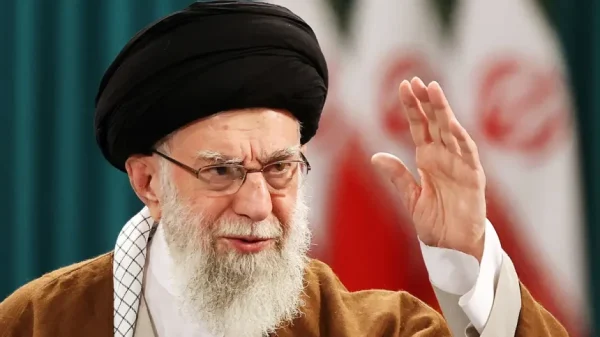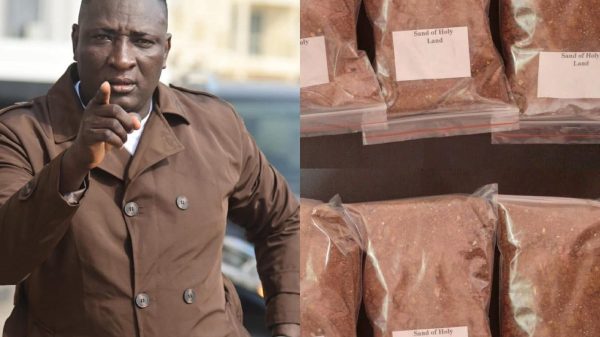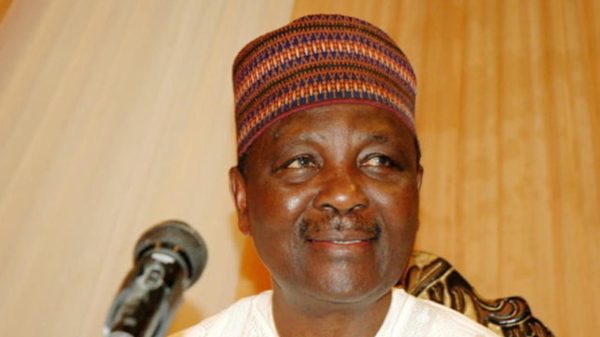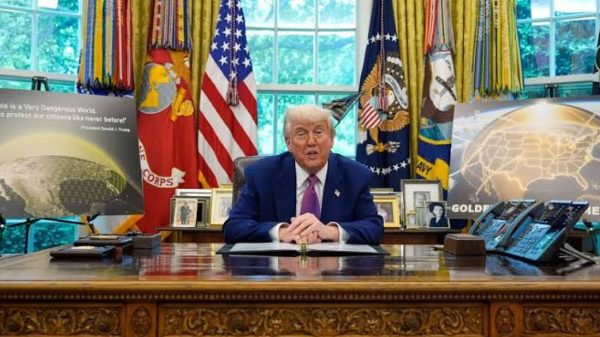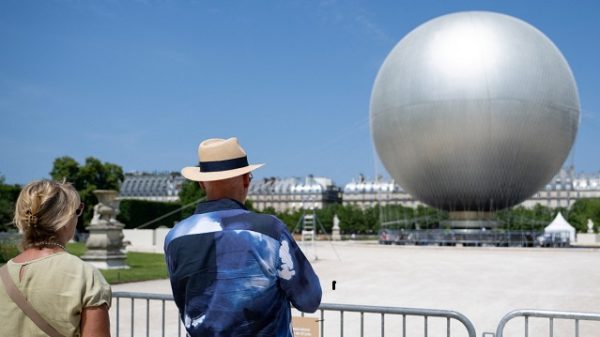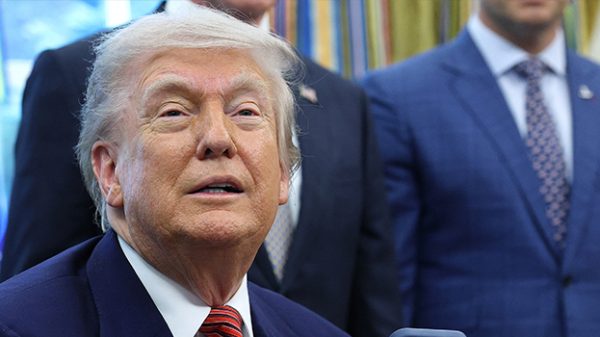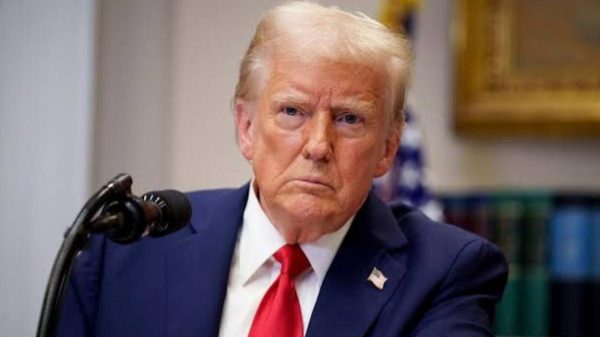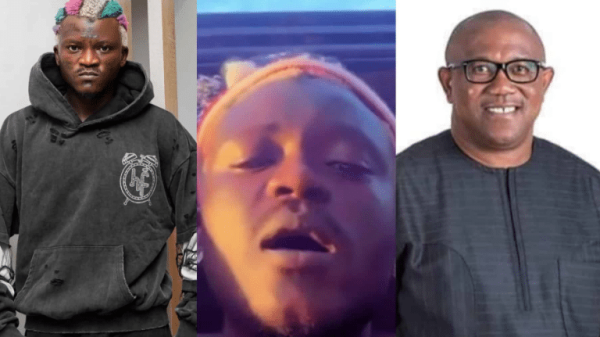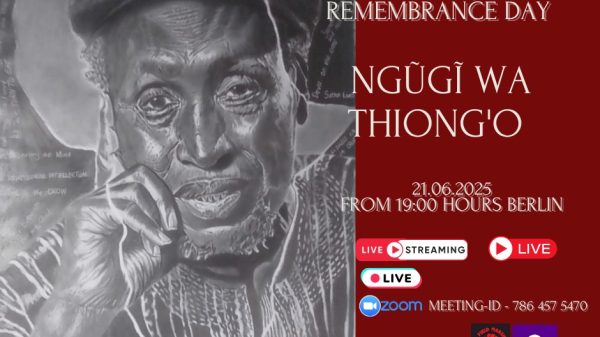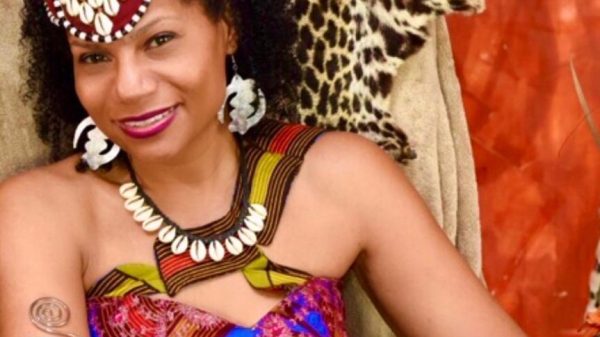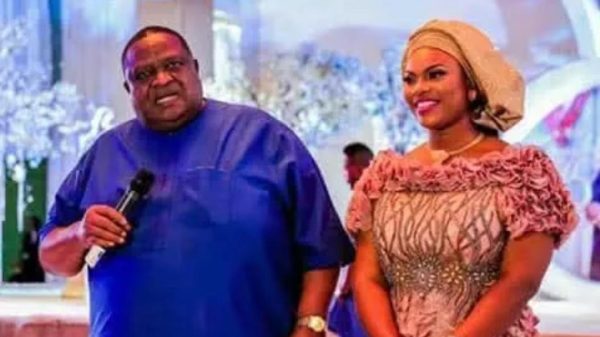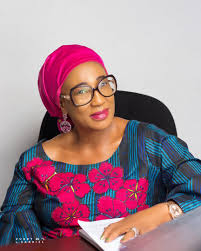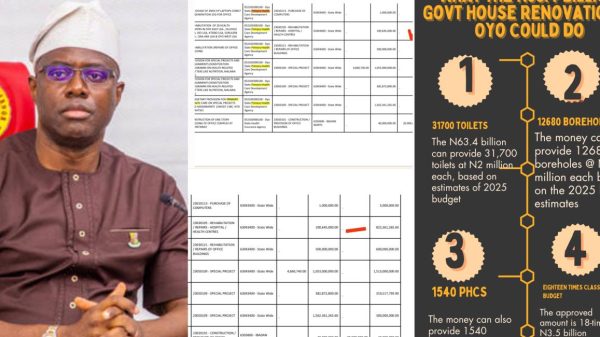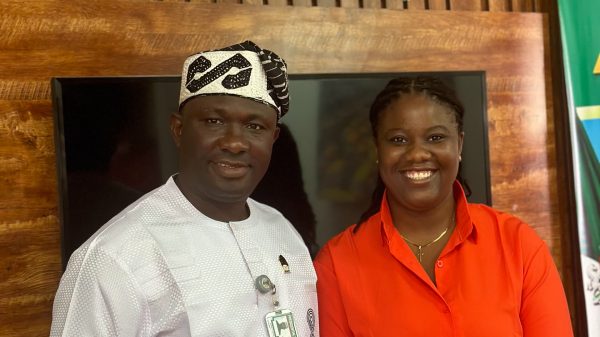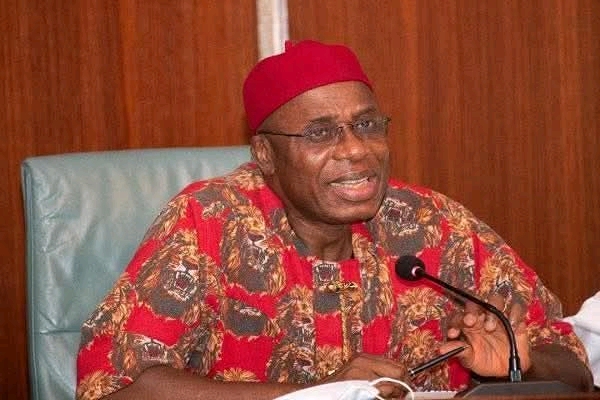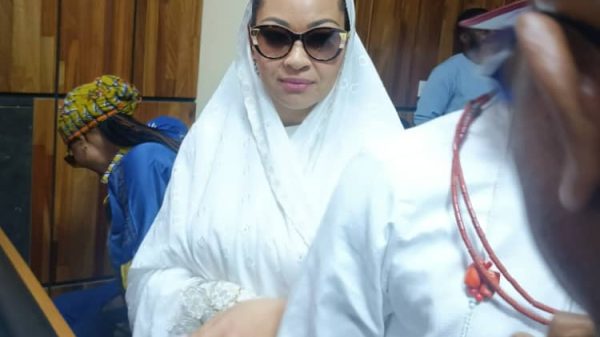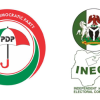In a candid statement that has reignited discussions on ethnic identity in Nigeria, former Minister of Transportation, Chibuike Amaechi, has highlighted the reluctance of some Ikwerre people to openly identify as Igbo due to fears of persecution. Amaechi, an Ikwerre native from Rivers State, emphasized that while he proudly acknowledges his Igbo heritage, many less privileged Ikwerres hesitate to do so.
“Whenever I say I am an Igbo man, those people that are against Igbo unity will not be happy with me, but they will not talk because I am a BIG man,” Amaechi stated. “Poor Ikwerres are afraid to say they are Igbos because if they say it, those people that are against Igbo unity will persecute them.”
This assertion sheds light on the complex interplay between ethnicity, politics, and social dynamics in Nigeria. The Ikwerre people, predominantly residing in Rivers State, share linguistic and cultural ties with the Igbo. However, historical events, particularly the Nigerian Civil War (1967–1970), have influenced perceptions and affiliations. During the war, many Igbo communities faced severe persecution, leading to a lingering sense of vulnerability among those with Igbo heritage.
Amaechi’s remarks underscore the challenges faced by individuals navigating their ethnic identities in a socio-political landscape where such affiliations can have profound implications. The fear of marginalization or backlash has led some Ikwerres to distance themselves from their Igbo roots, opting for a distinct identity to avoid potential repercussions.
The former minister’s comments have sparked conversations across various platforms, with many urging for a more inclusive approach to ethnic identities in Nigeria. Advocates emphasize the importance of acknowledging and celebrating the diverse cultural tapestry of the nation, promoting unity while respecting individual and communal identities.
As Nigeria continues to grapple with issues of ethnic relations and national cohesion, statements like Amaechi’s serve as a reminder of the nuanced realities faced by many citizens. Addressing these concerns requires open dialogue, historical understanding, and concerted efforts to foster an environment where individuals can embrace their heritage without fear.


